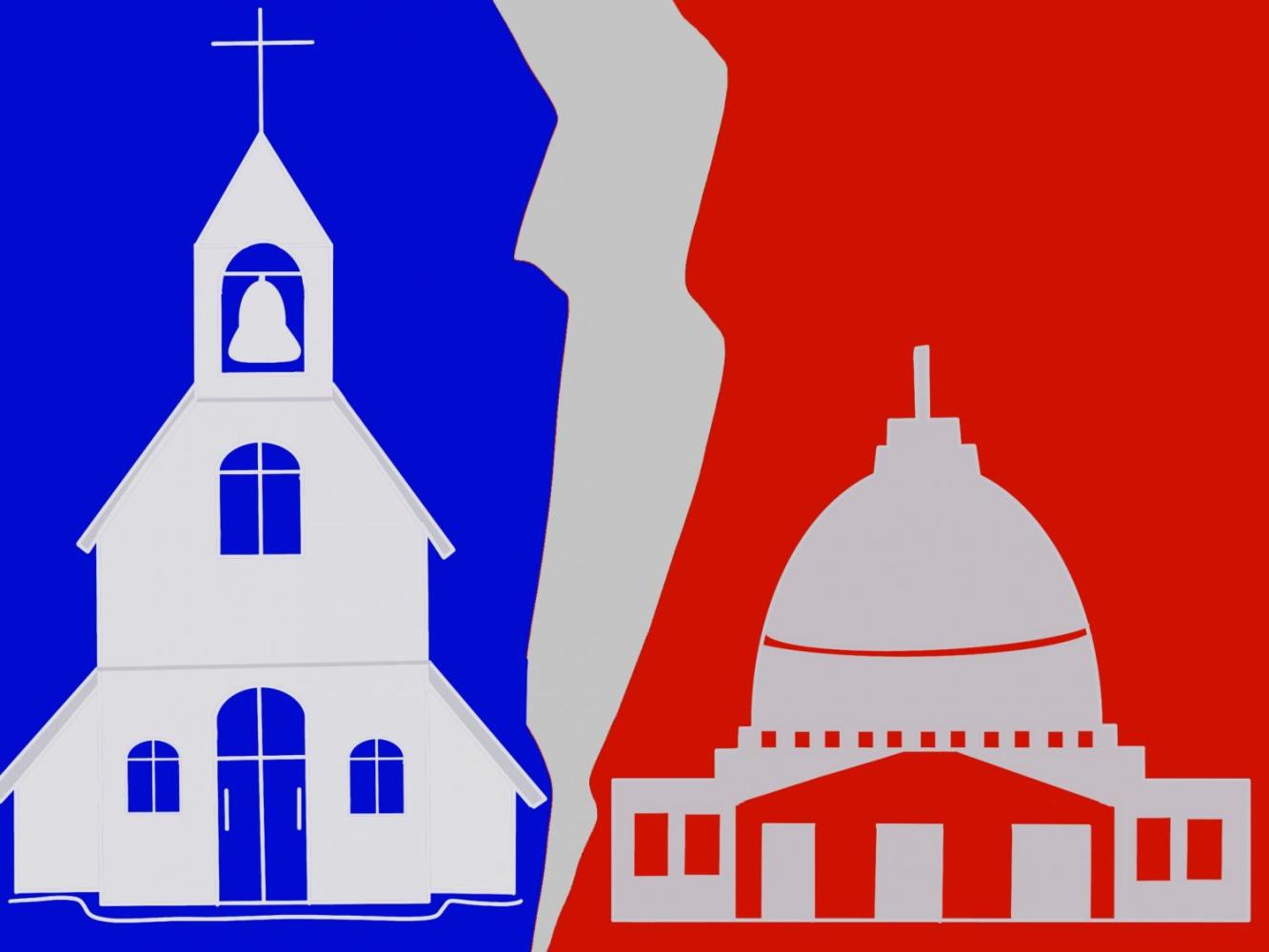
Sienna Miller | Head Editor
May 2, 2025
The Supreme Court is considering whether Oklahoma can endorse the country’s first publicly supported religious charter school, a decision that would significantly dismantle the long-evolving church-state division rule within public schools. The case addresses the St. Isidore of Seville Catholic Virtual School, which would offer online instruction across Oklahoma and include explicitly religious content. The school is backed by the Catholic dioceses of Oklahoma City and Tulsa, and they argue that prohibiting this charter school would violate the First Amendment’s Free Exercise Clause.
The case regards a proposed online Catholic charter school that is designed to further religious education using tax funds. This school risks turning public education into a tool for religious institutions, which should be kept entirely separate from government funding.
“We learn in history why secularism is important,” said SCHS senior Sarah Desrosiers. “All belief systems should be accounted for in public institutions because America is not simply just one religion.”
Many conservative Supreme Court Justices like Brett Kavanaugh appeared open to this idea, contending that it’s unjust to exclude religious groups from public programs. That avoids the fact that charter schools, while operated with some independence, are publicly funded and governed, and therefore must be secular to serve students equally.

There is also a troubling possibility that if the court rules on the side of the school, it will establish a precedent allowing religious groups to be subsidized with public funds to teach faith-based content. That shift would blur the line between private faith and public education, and could lead to schools teaching creationism instead of science or making religious doctrine more significant than diverse curricula.
Many of the Supreme Court Justices did not come on board to the idea, some sounding a warning that a Catholic charter school would be allowing only certain “established” religions to thrive rather than more of the more non-mainstream and fundamentalist groups. This risks giving favor and injustice on the basis of religion, something which the Constitution specifically was aimed against.
“I honestly don’t think religious public schools will ever happen,” said SCHS senior Natalie Garcia. “The constitution is very foundational for our country and I would imagine that the Supreme Court would want to preserve it.”
The absence of one justice due to a conflict of interest increases the chance of a 4-4 tie, which would maintain the lower court’s decision blocking the school creating temporary relief.
However, even proposing a case like this has far-reaching implications for the whole country. If religious charter schools are approved, other states will soon follow or be bullied by lawyers into following suit. It’s a slippery slope that can compromise the neutrality of public schools and drain vital funds away from schools meant to serve all children, no matter what religion.
This charter school ultimately risks turning education into a battleground for ideology rather than a place for learning grounded in fact and fairness.

Leave a Reply